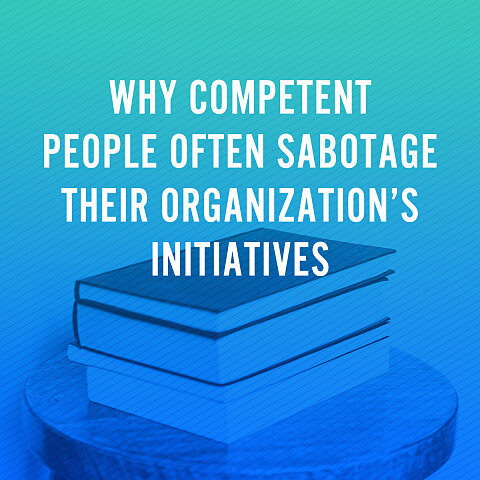Leaders, If Your Digital Strategy is Failing, It Might Be Your Fault
By Maurilio Amorim
In my experience as a digital consultant, one of the most significant challenges I encounter involves helping organization leaders truly understand the essence of an "effective digital strategy."
I often run into a common misconception: the notion that digital strategy equates to the number of followers on social media platforms or, even more narrowly, the number of organic posts produced.
As a result, digital teams often find themselves under-resourced, lacking the specialized strategists essential for impactful digital initiatives and the necessary funding to support these efforts.
It's a paradox I've observed repeatedly: leaders vocalize that "digital is our future," yet there appears to be a glaring absence of concrete plans, strategies, adequate staffing, and budgeting to realize this future.
More often than not, the responsibility falls on a small team, or sometimes even a single individual, to enhance the organization's social media presence through organic content. Regrettably, despite their considerable efforts, the outcomes rarely meet expectations.
Bridging Business Goals with Digital Strategies
The cornerstone of any successful digital strategy is its creation, leadership, and integration with broader business objectives. Influential leaders recognize that digital efforts must be deeply intertwined with the organization's goals.
Digital strategy is not merely an adjunct to business operations; it's a core component. For digital initiatives to truly drive progress, they must be deliberately aligned with key business outcomes, whether improving engagement, driving revenue growth, or growing your audience.
Furthermore, investing appropriately in digital initiatives is critical. Proper digital strategies often require substantial investment in digital advertising funnels, sophisticated customer journey mapping, and automation software.
Emphasizing Flexibility and Agility
Another crucial aspect for leaders is fostering an environment of flexibility within digital teams. The digital landscape is dynamic, characterized by constant evolution and the emergence of new technologies and consumer behaviors.
Digital strategies and their execution teams must make swift adjustments and adopt new tools without being hindered by outdated or slow-moving approval and implementation processes.
This ability to adapt quickly often distinguishes successful digital initiatives from those that falter. When digital strategies are constrained by bureaucratic processes or adherence to outdated methodologies, they lose efficacy.
Conversely, organizations that enable their digital teams to innovate, iterate, and pivot as needed are better positioned to leverage the full potential of digital technologies.
The capacity for rapid experimentation and technology adoption is beneficial and imperative for sustained growth and competitiveness.
Expanding the Definition of Digital Strategy
Leaders must move beyond the simplistic equation of digital strategy with social media activity.
While organic social media content plays a role within a broader digital strategy, it's one element among many. A comprehensive digital strategy encompasses a variety of components, including digital advertising funnels, paid advertising campaigns, customer relationship management systems, and automation technologies. These elements collaborate to deliver a seamless and compelling customer experience.
By embracing these more advanced tools, organizations can gain deeper insights into their audiences, tailor communications more effectively, and refine the customer journey at every touchpoint.
Such strategic depth and operational sophistication differentiate truly transformative digital initiatives from those with limited scope and impact.
The Bottom Line
The importance of leadership in guiding an organization's digital strategy to success cannot be overstated.
It involves a strategic alignment of digital initiatives with business goals, adequate funding for these initiatives, and a commitment to fostering a culture of flexibility and rapid adaptation.
By prioritizing these principles, leaders can ensure their organizations keep pace with the digital landscape and emerge as frontrunners. The future of digital strategy demands a sophisticated, integrated, and agile approach, requiring visionary yet pragmatic leadership.
Maurilio
P.S. If you are ready to take your digital strategy to the next level, let's talk. Book a free call with me here.














